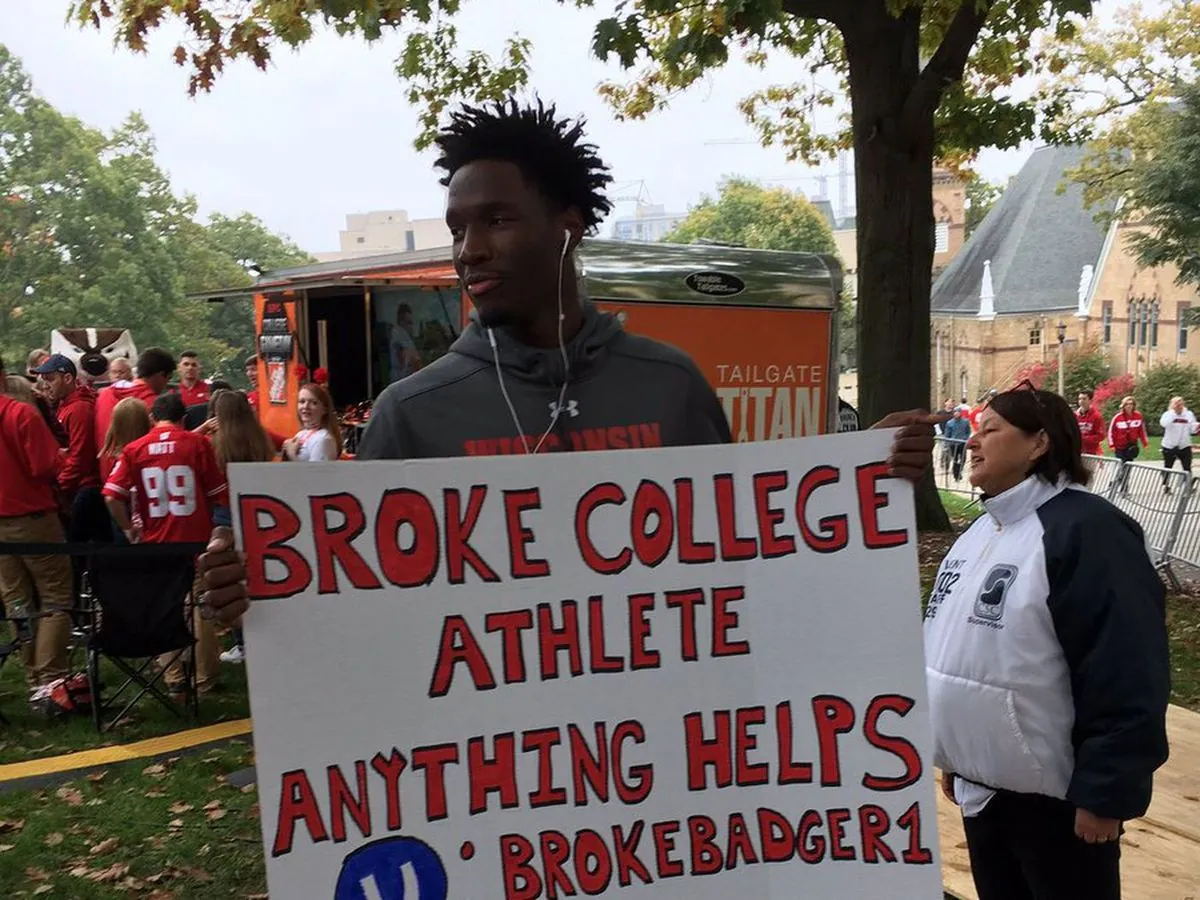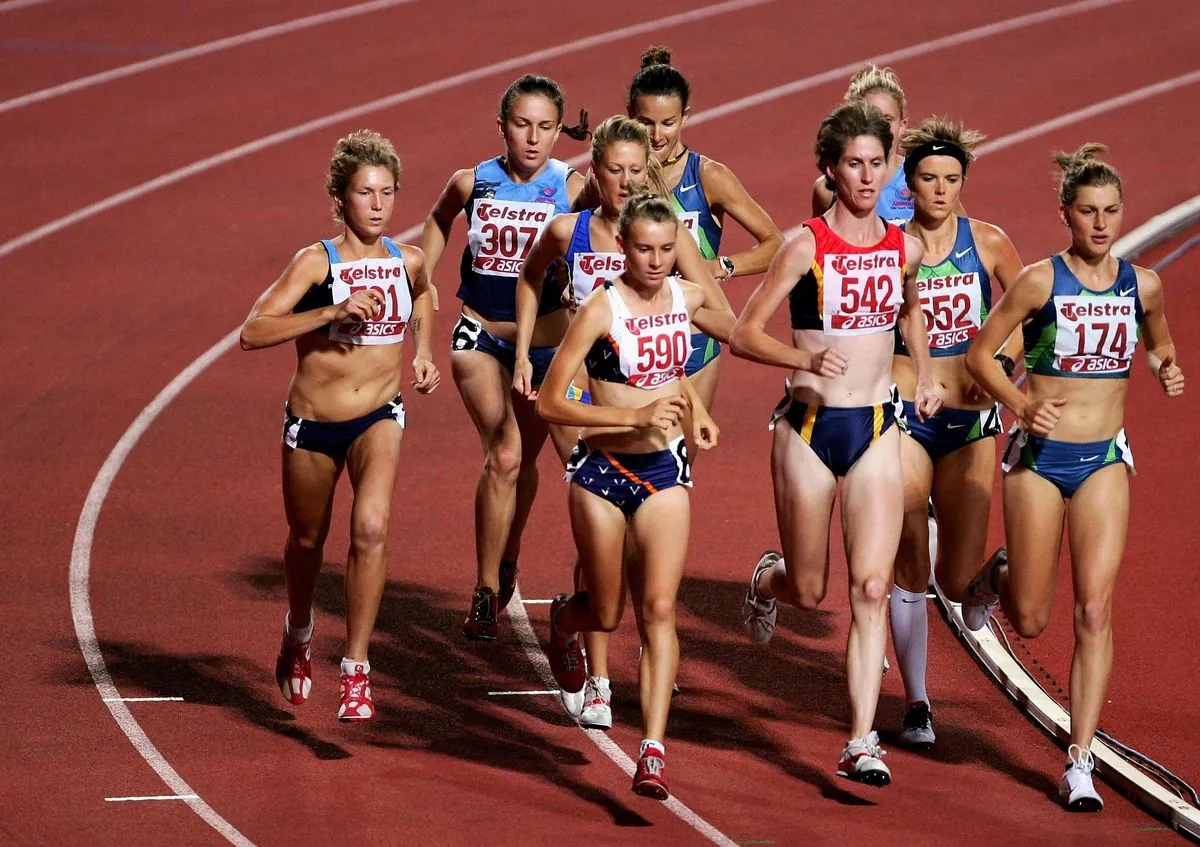NCAA's $2.7 Billion Settlement Faces Opposition from Athlete Groups
Three groups representing college athletes have objected to a landmark $2.7 billion settlement with the NCAA, citing gender bias and antitrust concerns. The deal would allow direct payments to student athletes for the first time.

In a significant development for collegiate sports, three groups representing current and former U.S. college athletes have raised objections to a $2.7 billion settlement with the National Collegiate Athletic Association (NCAA). This landmark agreement, which would permit schools to directly compensate student athletes for the first time, faces scrutiny from various quarters.
The objections were filed in a federal court in California in early August 2024, urging U.S. District Judge Claudia Wilken in Oakland to withhold preliminary approval of the accord. The settlement, submitted to the court in July 2024, aims to resolve three antitrust lawsuits against the NCAA.
One group of opponents argues that the proposed settlement unfairly favors male athletes, particularly those in football and basketball, compared to their female counterparts. This criticism highlights the ongoing struggle for gender equality in collegiate sports, reminiscent of the impact of Title IX, passed in 1972, which mandates equal opportunities for women in education, including athletics.

Another objection comes from law firms representing students from Ivy League schools, claiming the settlement would harm their pending antitrust case against the NCAA. This case focuses on the denial of athletic scholarships and compensation to Ivy League athletes. It's worth noting that the first intercollegiate athletic event in the U.S. was a rowing competition between Harvard and Yale in 1852, long before the establishment of the NCAA in 1906.
A third group argues that the proposed deal undervalues the athletes' claims by potentially billions of dollars. This objection underscores the complex financial landscape of collegiate sports, where the NCAA generates over $1 billion in annual revenue, primarily from television rights for the men's basketball tournament.
The settlement addresses three key areas: compensation for the commercial use of athletes' names, images, and likenesses; compensation for athletic service; and restrictions on payments tied to academic achievements. This comprehensive approach reflects the NCAA's evolving stance on athlete compensation, following their 2023 decision to allow athletes to profit from their name, image, and likeness (NIL) for the first time.
Attorneys Steve Berman and Jeffrey Kessler, who negotiated the deal for the plaintiffs, maintain that the objections lack merit. Kessler stated:
"The settlement stands as one of the largest damages payments in antitrust history and a transformation of college sports that will benefit generations of athletes to come."
The NCAA, which has denied any wrongdoing, had no immediate comment on the objections. The organization, which oversees more than 1,000 member schools and regulates 24 sports, has faced numerous challenges to its amateurism model over the past decade.
A preliminary hearing on the settlement is scheduled for September 5, 2024. As this case unfolds, it continues to highlight the complex issues surrounding collegiate athletics, including athlete compensation, gender equity, and the balance between amateurism and commercialization in college sports.


































